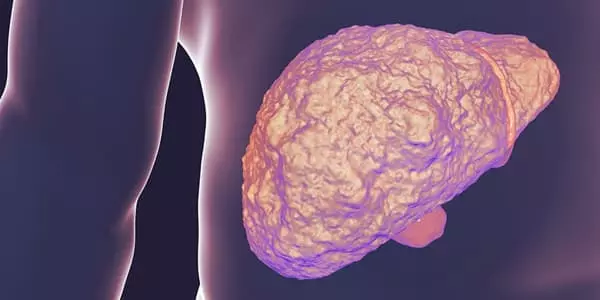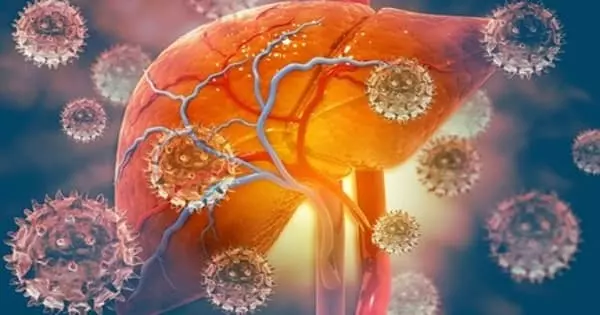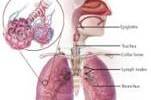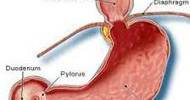Researchers found that microgravity and other environmental factors in space play different roles in inducing oxidative stress, which alters the metabolism of sulfur-containing compounds in mice livers. The study emphasized steps that can be taken to protect astronaut health, such as increasing antioxidant capacity with dietary supplements.
The most recent findings from a series of studies on mice that looked at the harmful effects of spending time in space show that gene expression is related to liver metabolism changes in response to the space environment. The benefit of these findings is that dietary supplementation during spaceflight may be able to compensate for these changes.
Humans, like the rest of the planet’s inhabitants, have evolved for life on Earth, not life in space or elsewhere. The human body is exposed to a hazardous environment during spaceflight, which is characterized by zero or microgravity and high radiation levels. The liver is the organ most affected by spaceflight; its critical role in neutralizing harmful substances in the body means that spaceflight places enormous demands on the organ.
Environmental stressors like high radiation and microgravity induce an oxidative state. The liver uses its limited resources, antioxidant sulfur-containing compounds, to deal with reactive oxygen and nitrogen compounds.
Professor Iwao Ohtsu
“Environmental stressors like high radiation and microgravity induce an oxidative state,” explains Professor Iwao Ohtsu. “The liver uses its limited resources, antioxidant sulfur-containing compounds, to deal with reactive oxygen and nitrogen compounds.” The study compared liver gene expression levels in mice exposed to microgravity, mice exposed to simulated gravity on the International Space Station, and mice at ground level on Earth.
We investigated the activities of about 30 enzymes involved in carbohydrate and lipid metabolism in the livers of rats carried aboard the Cosmos 936 biosatellite. In addition to enzyme studies, glycogen and individual fatty acid levels in hepatic lipids were determined. These studies used livers from flight and ground control rats at recovery (R0) and 25 days after recovery (R25). At RQ, the most meaningful comparisons are made between flight stationery (FS) and flight centrifuged (FC) animals for all parameters measured.

When the activity levels of glycogen phosphorylase, alpha-glycerol phosphate acyltransferase, diglyceride acyltransferase, aconitase, and 6-phosphogluconate dehydrogenase were compared at R0, the weightless group showed statistically significant decreases and an increase in palmitoyl CoA desaturase (FS). The significance of these findings was emphasized by the fact that all enzyme activities that showed changes at R0 returned to normal 25 days after the flight.
Mice that traveled to space and back had lower antioxidant capacity because they had lower levels of sulfur-containing compounds (e.g., ergothioneine, cysteine, and glutathione) that protect cells by reducing reactive oxygen compounds, limiting free-radical damage. Many oxidative stress indicators were found in the livers of these mice. Furthermore, mice exposed to space had higher expression of genes related to oxidative stress and sulfur metabolism pathways (which deplete levels of sulfur-containing antioxidant compounds).
Some effects, however, were only seen in mice subjected to microgravity. “As a result, we were able to identify that exposure to artificial gravity counteracts some aspects of altered liver metabolism, whereas those caused by other environmental effects could be treated with alternative solutions, such as the addition of dietary supplements to astronauts’ diets,” says Professor Ohtsu.
This study not only identifies factors that may increase the likelihood of liver damage, but also demonstrates the potential for existing drugs or dietary supplements to be used to treat or prevent such damage as humans embark on a new era of space exploration.
















